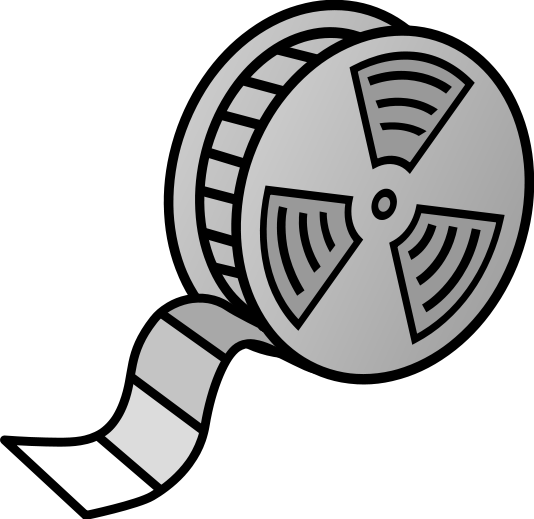Distributed and Efficient Multi-Robot - Cooperation Framework
|
Sanem Sariel, PhD Thesis, 2007 My PhD research focuses on the design of a general framework, Distributed and Efficient Multi-Robot-Cooperation Framework (DEMiR-CF), that can be used to solve problems on a wide variety of application domains. DEMiR-CF is suitable for multi-robot teams cooperating to achieve a global mission. Team members cooperate to fulfill a mission by dividing the labor of task execution through individual decisions that coordinate their actions, contributing to the achievement of the goal in a distributed manner. DEMiR-CF is designed to address different types of missions from the simplest to more complex ones, including missions with interrelated tasks and multi-resource (robot) requirements. The performance evaluations of the framework were implemented both on simulations and on real robots for different application domains. In my PhD thesis, the cooperative mission execution problem is formulated as the Cooperative Mission Achievement Problem (CMAP) and each individual robot contributes to solve the CMAP by solving the formulated Coordinated Task Selection Problem (CTSP) for itself. These two problem formulations are introduced to represent the generalized problem and stated formally. DEMiR-CF is capable of resolving the CMAP and CTSP for robots. Name of the framework, DEMiR, is given appropriately due to its meaning (strong, robust or made of iron) in Turkish. The latest journal paper describing the complete framework is available now:
DEMiR-CF on The MTRP DomainThe Multiple Traveling Robot Problem (MTRP) to explore several targets is the first application domain on which performance of DEMiR-CF has been investigated. This domain forms a basis for different application domains. Although tasks of this domain are independent of each other, there is a combinatorial structure of the problem when efficiency of the solution is concerned. Therefore, optimization of the generated solutions is investigated. Some heuristic cost functions to solve the CTSP is proposed to be used with DEMiR-CF in the thesis. The performance of the proposed heuristics and the framework is compared with that of one of the well-known allocation approaches.
 MTRP videos related to
the scenarios presented in my PhD thesis and my papers are available online. MTRP videos related to
the scenarios presented in my PhD thesis and my papers are available online.
Related papers:
DEMiR-CF on NAVY MissionsThe evaluations of DEMiR-CF on NAVY domains were performed where cooperation of underwater vehicles is achieved for homeland security missions, such as mine countermeasure missions. In this domain, the robot team is modeled as a heterogeneous team and the mission is constructed from different types of tasks, where each one needs to be performed by a different vehicle. The domain is modeled as containing both the coverage problem and the MTRP in itself. Robustness of the framework against both communication and robot failures and efficiency of its response to the dynamically varying conditions are tested in simulations.
 NAVY simulation videos related to
the scenarios presented in my PhD thesis and my papers are available online. NAVY simulation videos related to
the scenarios presented in my PhD thesis and my papers are available online.
Related papers:
DEMiR-CF on Complex MissionsObject construction domain is selected to use and validate the full functionality of DEMiR-CF. Complex missions investigated in this domain involve tasks with resource constraints and interrelations. Multi-robot task allocation problem is better viewed as a scheduling problem if there are interrelations among tasks. Therefore, this domain forms the basis of the design objective of DEMiR-CF.
 The video of the complex mission scenario is also available online. The video of the complex mission scenario is also available online.
Related papers:
Other Research Activities
|